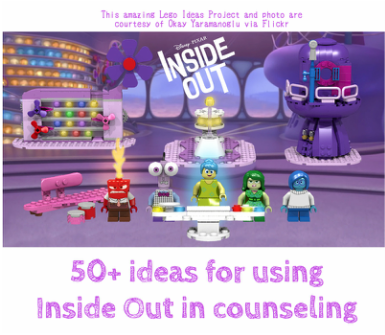 Photo Courtesy of Okay Yamanoglu via flickr Photo Courtesy of Okay Yamanoglu via flickr
Inside Out, Pixar's newest movie, is a therapist's dream movie. If you work with children, have children, know a child, or know anyone that has a child... stop here and go see this movie!
As a therapist in Virginia Beach, I often work with children with Autism and ADHD. I work with kids who are struggling to fit in, to cope with anxiety, frustration and change. This movie is the perfect platform to engage kids on an emotional level and to grow their emotional intelligence. (By the way, how awesome is that Lego Ideas Project of Inside Out Headquarters?!) A couple of weeks ago I got a behind-the-scenes look the SensoryAbled Kids Gym, a new Sensory Gym opening in Virginia Beach this weekend!! Mompreneur, Tashia Smith, has been hard at work organizing and planning the opening and it's all set to roll out on Saturday, August 15th at 10:00 am. Disclosure: I have no affliation with SensoryAbled Kids or the owner or the manufacturers of the products featured here. Though I plan at some point soon to start a Parent-led Social Skills Play Therapy Group that will meet at the gym. More on that soon. Grand Opening on Saturday!The opening starts at 10:00 am this Saturday and Tashia plans to be open for open play Wednesday through Sunday each week from 10:00 am until 6:00 pm. There will be door prizes and giveaways. Oaktree Counseling plans on donating a few sensory items as door prizes as well. There is also a giveaway to a special Invitation Only Sneak Peek on Friday night, before the grand opening (details at the end of the post). Why Do We Need A Sensory Gym?
But, at the time, there was nothing like it anywhere in Hampton Roads. She spent the last year researching, thinking, seeking out funding and then jumped in head first and quit her job. Tashia said, "I wanted to fill this need for my son and also the community at large. Plus, I think a family owned business is a good model for my children and allows me to be more active in their life vs working for someone else." New Photos of SensoryAbled Kids Sensory Gym!
P.S. Tashia and I aren't the only ones who see the need for more sensory play experiences for our kiddos. I also encourage you check out the open play hours at Brick Headz, another great resource in our area with sensory play equipment, ages 1 to 12. As well as Cloud9, an amazing trampoline park. And Green Bean, a new indoor play center, children 6 and under.
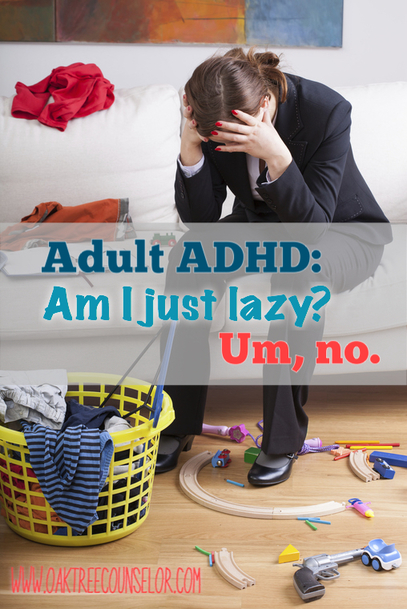  Unfortunately the idea that people with ADHD are lazy is pretty common. But, actually, we are usually remarkably productive... just not always in the areas that we need to be. I wish I could say that last week's post, I'm a Slacker!, was posted intentionally to make a point. Nope. Actually, I was trying to motivate myself with a deadline. (Here is the post's entire content: "If this post went live, it means I either died or I'm a slacker. This. Is. Embarassing." So, what can you do to help yourself? Read on, my friend, you are not lazy, stupid, or crazy. I promise. Why Can't I Get Things Done On Time?Dr. William Dodson, MD, has described the problem in a way that makes more sense to me than anything I've else ever read. Here is a short summary. (Check out this link on the ADHD Brain for article.) First, neurotypical people (those without ADHD) make decisions based on three factors: Importance, Rewards, and Consequences. (e.g. I think it's important. Someone I [love, like, fear or respect] thinks it's important. Or, there are consequences and rewards involved.) People with ADHD, rarely, if ever, make decisions based on these things. Dodson says (and I agree wholeheartedly), that people with ADHD make decisions based on different criteria: Interest, Challenge, Novelty, Urgency (ICNU). If it isn't any of these ICNU things, we don't do it. Period. (At least not without much pushing and nagging from others... which then makes it urgent, because we want you to stop poking us!) Why Rewards and Consequence Don't work
Consequences are trickier. Consequences usually need to be so urgent they cannot be ignored. Procrastination creates a crisis, which creates urgency and then finally, you can write that final paper that you've been trying to do for weeks. Stop Trying to Make Yourself NeurotypicalThe harder I try to make myself get things done like other people, the more frustrated and unmotivated I become. Take exercise for instance. I hate (as in loathe and despise) the gym. So, deciding to exercise at the gym would (and has been) an exercise in futility. But, some form of non-exercise has always been a great way for me to stay fit. I like physical activity that doesn't feel like "exercise". Making it novel makes it motivating and fun. Here is a post I wrote on how to not hate exercise if you have ADHD. How To Start?Dodson suggests making a list of things that already work, he calls it "writing your own Owner's Manual". Several times a day, people with ADHD are focused and very productive. What circumstances make that happen? Dodson says finding out what helps you "get in the zone" is the first step. Dodson encourages you to focus on strategies that work now, not things that worked when you were younger. Since novelty always wears off, your list will change over time. When you are able to get in the zone look for ways that the activity got your attention and motivation. It will nearly always fall under one of the ICNU criteria. Off to FocusI have known intuitively what Dr. Dodson wrote about for many years, but had never seen it put quite so plainly. I think that harnessing our natural ability to be productive is key to succeeding in a non-ADHD world.
If this post went live it means I either died or I'm slacker....
This. Is. Embarassing. 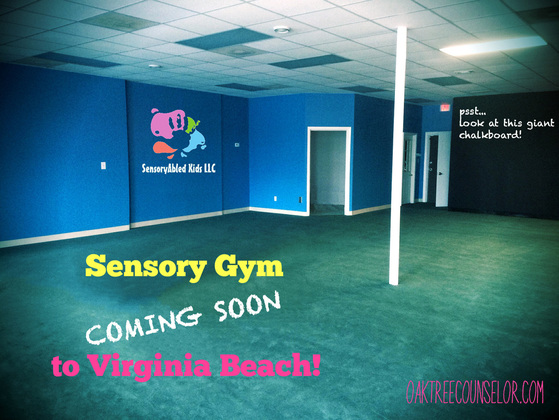
Hampton Roads is finally getting a Sensory Gym! Mompreneur, Tashia Smith, plans on opening the SensoryAbled Kids in Virginia Beach on Holland Road, August 12th, if all goes according to plan.
Her rates are totally reasonable and... AND... she's offering a discount for any additional siblings who tag along! (keep reading for more details).
(Can you tell I'm excited?! I have nothing to disclose, I am not affliated with the gym or any of the websites or manufacturers mentioned here. Neither Tashia nor SensoryAbled Kids is compensating me for this post in any way.)
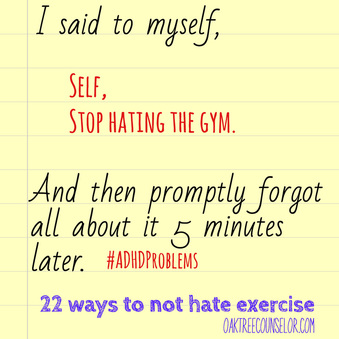 Consider what kind of things are just fun to you. Things you don't have to spend an hour talking yourself into. What did you like doing as a kid or a teenager? Did you love the swings? Or riding bikes? Or jumping on the trampoline for hours? Use those things as your starting point. CONTINUE READING FOR MORE IDEAS 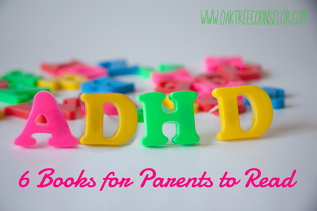 Photo Credit: amenclinicphotos ac via flickr Photo Credit: amenclinicphotos ac via flickr  As a parent with a child with ADHD, does it ever feel like it's you against six storm troopers? Those are tough odds. Here are five books to help you be a better parent to a child, who, while having great potential, also can't find his socks right now... that are on his feet. (Face palm.) DISCLAIMER: First, just so we're clear, you're already a great parent, just by reading books like these. It isn't necessarily the books, but that you are the type of parent who clicks on a post like this and reads books like these, that makes the difference. Second, nothing to disclose, no affiliation with any of the authors or Amazon. No affiliate links. 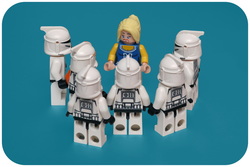 Photo Credit: pasakuru via flickr Photo Credit: pasakuru via flickr And this is a picture, for visual effect, of you against six storm troopers... yeah, not pretty. So, onto the amazing parent that you are, who reads all the books. (If you're missing the reference, go back and read the disclaimer.) CONTINUE READING 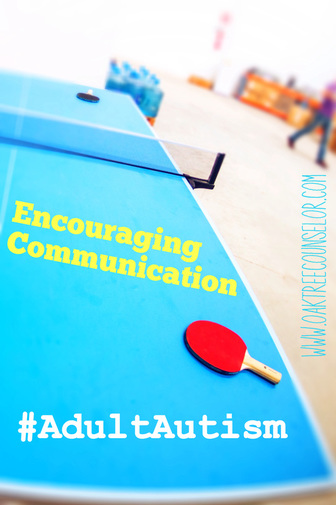 Photo credit: juanedc via flickr Photo credit: juanedc via flickr  There are so many books and resources geared toward children on the Autism Spectrum, but *gasp*, guess what? They grow up. I know, I know, that sounds incredible, but it's true. A child with autism will one day be a 40 year old with autism. I want to provide ideas that address this gap in resources. My last post discussed the principles I use in my office to encourage language and communication with children on the Autism Spectrum. These same ideas can be adapted for young adults on the Spectrum, as well as older individuals with Autism who might have difficulty with conversation, language and social interaction. DISCLAIMER: I am not affliated with the authors or websites mentioned here and have received no form of compensation to mention them. 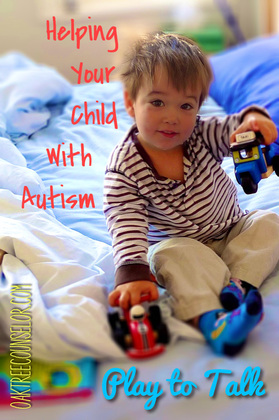 Photo Credit: Henry Burrows via Flickr Photo Credit: Henry Burrows via Flickr  A parent recently told me that her son with autism lives and breathes to play on his iPad and watch YouTube, and that everything else is just "counting the hours". I laughed. A lot. Maybe you kiddo is obsessed with YouTube or Lego® or lining everything up. So... how do we help your child or young adult talk more, engage more effectively and enjoy relationships? It starts with play. These strategies work with any age; though, you'll need to adapt them for young adults or older individuals. CONTINUE READING |
Nikki Schwartz,
|
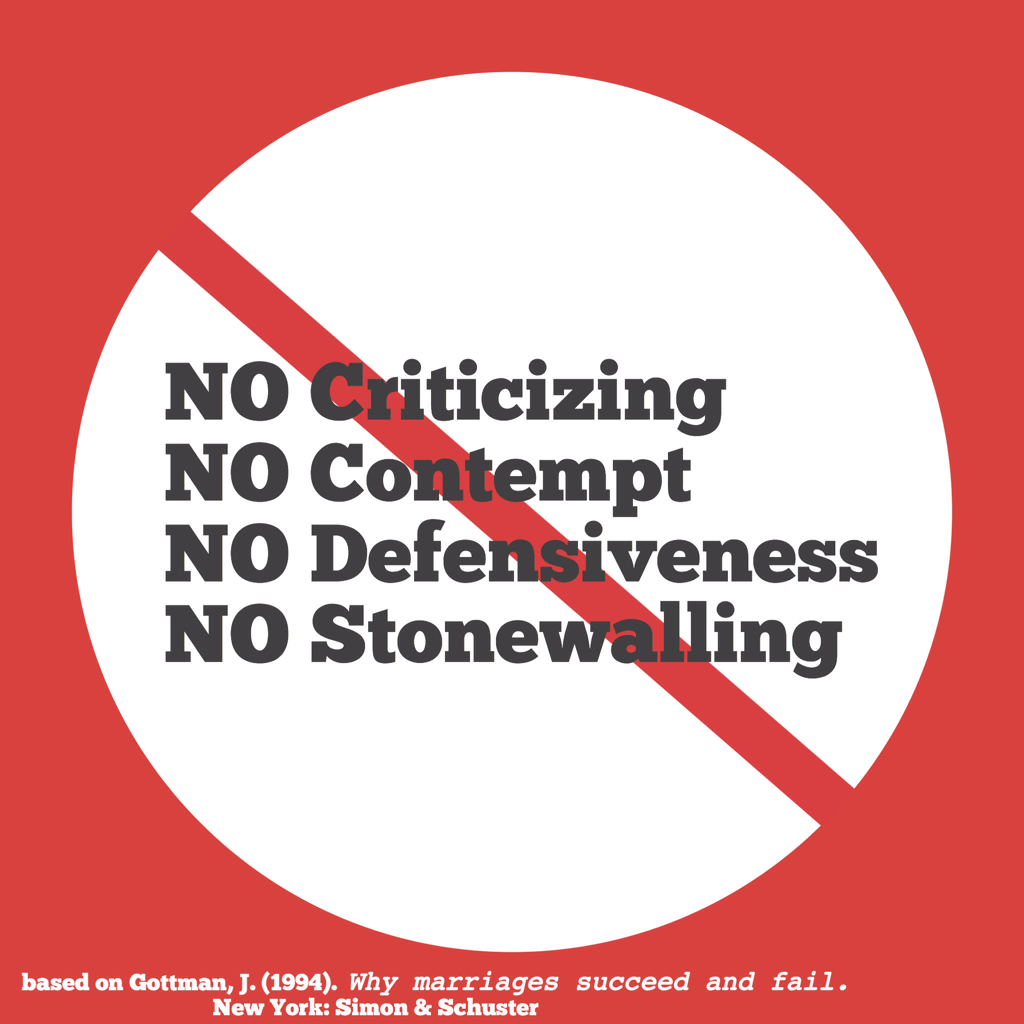
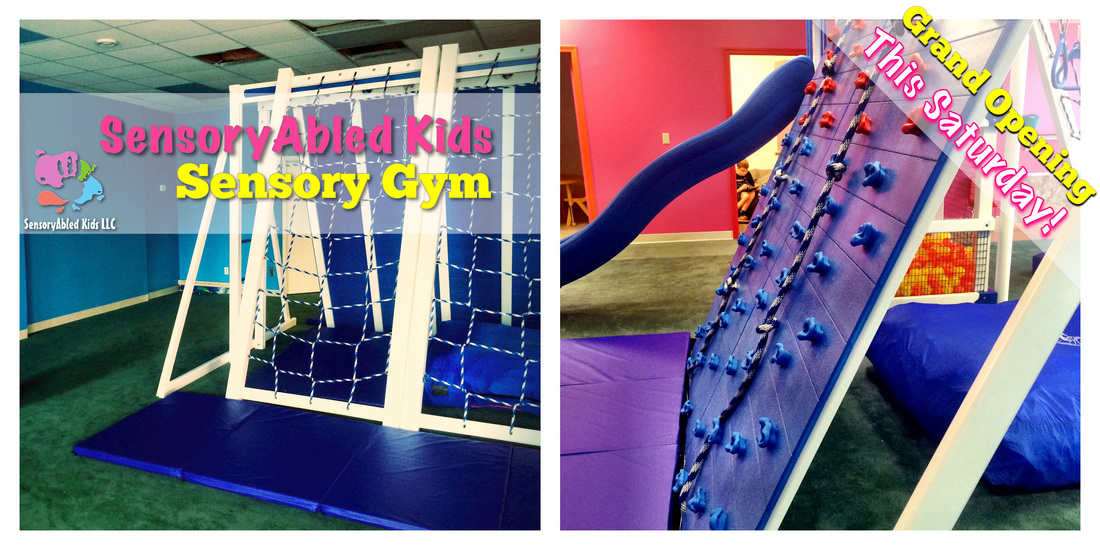

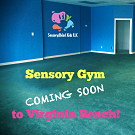
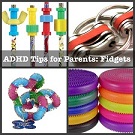
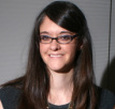
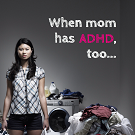
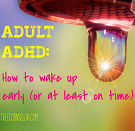
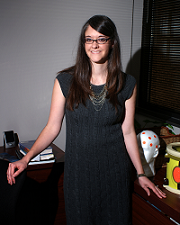
 RSS Feed
RSS Feed
